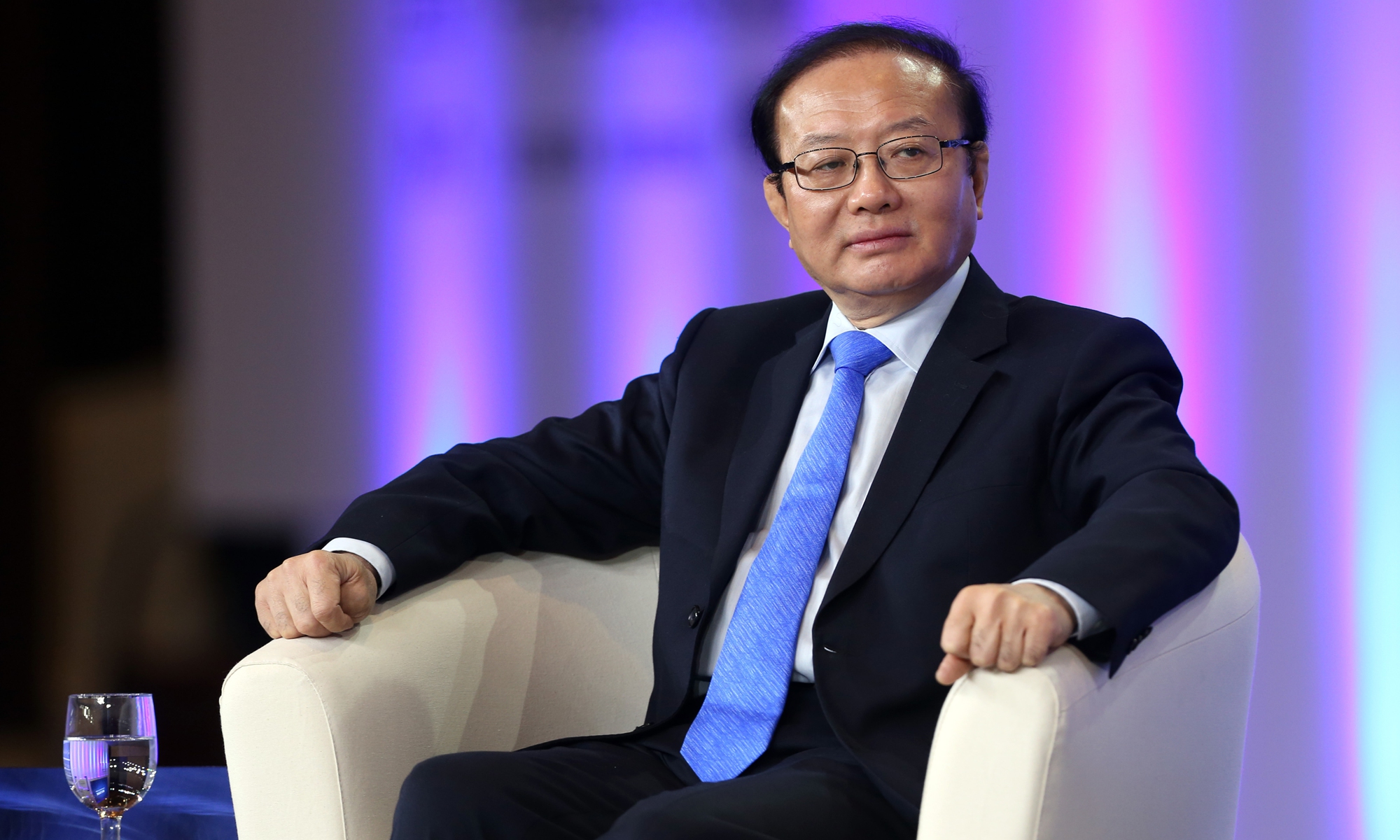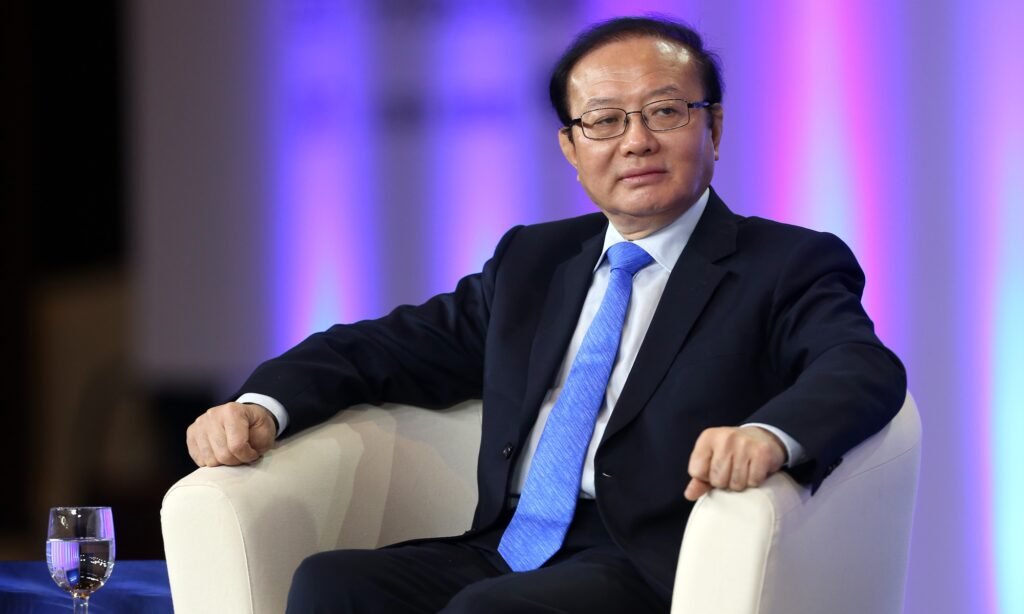
Wei Jianguo Photo: Courtesy of Wei Jianguo

In the current global climate of rising protectionism, China has steadfastly adhered to the WTO-centered multilateral trade system while continuously advancing unilateral opening-up in an orderly way. This approach aligns with China’s development goals and contributes much-needed stability and predictability to the global economic recovery and the governance reform.
China’s unilateral opening-up in an orderly manner is based on its institutional advantages. China has been narrowing the negative list for foreign investment and improving the quality and efficiency of its pilot free trade zones (FTZs). China is progressing along the path of institutional opening-up while ensuring industrial and national security.
Meanwhile, China has adopted a proactive approach to promote opening-up, phasing out ownership limits in sectors such as auto vehicles and finance. This strategy strikes a balance between stability and openness, boosting domestic industries’ global competitiveness while enhancing its market transparency and institutional openness.
China’s unilateral opening-up is essentially a strategic tool for driving the country’s domestic structural reforms. For example, by voluntarily lowering import tariffs on automobiles, China introduced competitive pressure that spurred domestic auto brands to achieve technological innovations and breakthroughs constantly.
China’s unilateral opening-up offers a new path and public good for globalization. In the past, globalization, led by the West, often attached political conditions or they used force to open others’ market. In contrast, China has adopted a constructive approach, gradually building one of the world’s most attractive investment environments by lowering tariffs, simplifying foreign investment entry procedures, and ramping up intellectual property protection.
China has established FTZs and one free trade port as important platforms for opening-up. The continuous improvement of the business environment and stronger intellectual property protection have made China the preferred destination for foreign investment globally.
As of the end of 2024, foreign investors had invested and set up more than 1.23 million enterprises in China, with a cumulative actual utilization of foreign capital of 20.6 trillion yuan ($2.87 trillion), according to the Xinhua News Agency.
Globalization faces headwinds now, as unilateralism and trade protectionism run increasingly rampant. Facing a volatile world, China’s unilateral opening-up has multifaceted global significance.
China’s approach to unilateral opening-up demonstrates that a country can achieve a dynamic balance between development and security through steadfast integration with the world, rather than seeking confrontation. This approach offers a new model for global governance.
Breaking the “zero-sum game” mentality, China is advancing regional cooperation that fosters shared development and win-win growth. By opening its vast domestic market, China has driven the overall upgrade of the Asian industrial chain, enabling the developing countries to benefit collectively.
China is contributing to global governance by promoting consensus-based rules that encourage inclusive development and broad international cooperation. China’s unilateral opening-up is integrated into multilateral platforms like the Belt and Road Initiative (BRI) and the Regional Comprehensive Economic Partnership (RCEP). This has contributed to the formation of widely recognized development codes, supporting the UN’s 2030 Agenda for Sustainable Development.
Enhancing global economic resilience, China is actively contributing solutions in areas such as climate change, energy security, and poverty reduction through its cooperative and inclusive approach, showing the responsibility of a major economic power.
China will continue to adhere to high-level opening-up, pushing toward the new model of comprehensive opening-up. China will focus on institutional opening-up, developing rules, regulations, management, and standards, particularly in frontier areas like the digital economy, green trade, 5G, robotics, and new quality productive forces, as well as creating Chinese standards.
China is transitioning from a “rule-taker” to a “rule-maker.”
On the one hand, China is actively engaging with high-standard international agreements like the Comprehensive and Progressive Agreement for Trans-Pacific Partnership and the Digital Economy Partnership Agreement; on the other hand, through platforms such as the BRI and the RCEP, China is promoting regional cooperation and co-building global rules. This “dual-track” approach strengthens China’s voice in global governance.
China’s unilateral opening-up provides a crucial push for a more inclusive, fair, and sustainable international economic order. It highlights the country’s significant responsibility in global governance as a rising economic power.
The author is former vice minister of commerce of China, and executive deputy director of the China Center for International Economic Exchanges. bizopinion@globaltimes.com.cn

